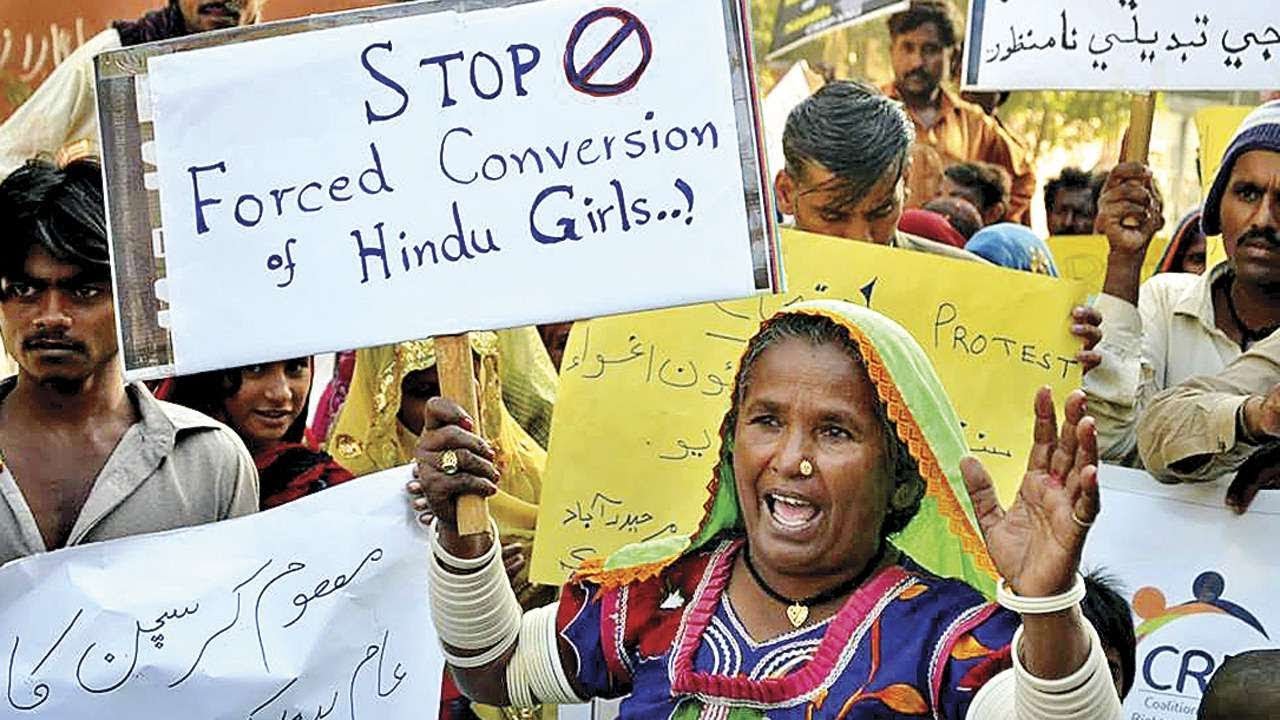
Pakistan, a country founded to protect a religious minority (Muslims), has over the decades become a country where no minority, religious, ethnic, or gender based, is safe. Unfortunately, the Pakistani state continues to view issues of religious freedom primarily from the lens of majoritarianism.
This was witnessed recently over the issue of conversion. The Ministry of Religious Affairs held a meeting with several clerics and religious scholars to discuss the draft of a bill, prepared by the human rights ministry, to prohibit forced conversion. However, no non-Muslims were invited to participate, not even from the National Commission for Minorities.
As an editorial in Dawn asked, “such an approach will further demoralise and alienate non-Muslims in the country and lead Pakistan further adrift from its international obligations. Non-Muslims are the primary stakeholders in this issue which has deeply personal ramifications for them: was it not critical to obtain their point of view in discussing it? By this exclusionary approach, members of the majority faith have been enabled to record their objections to the bill unchallenged and set down the parameters of the discourse.”
Non-Muslims, especially Hindus in Sindh, “have time and again protested against minor girls from their communities being abducted, forcibly converted and married to Muslim men.”
As Dawn states, “changing one’s faith is a serious decision with life-changes consequences. It must be taken after much deliberation and with informed consent.”
![]()





